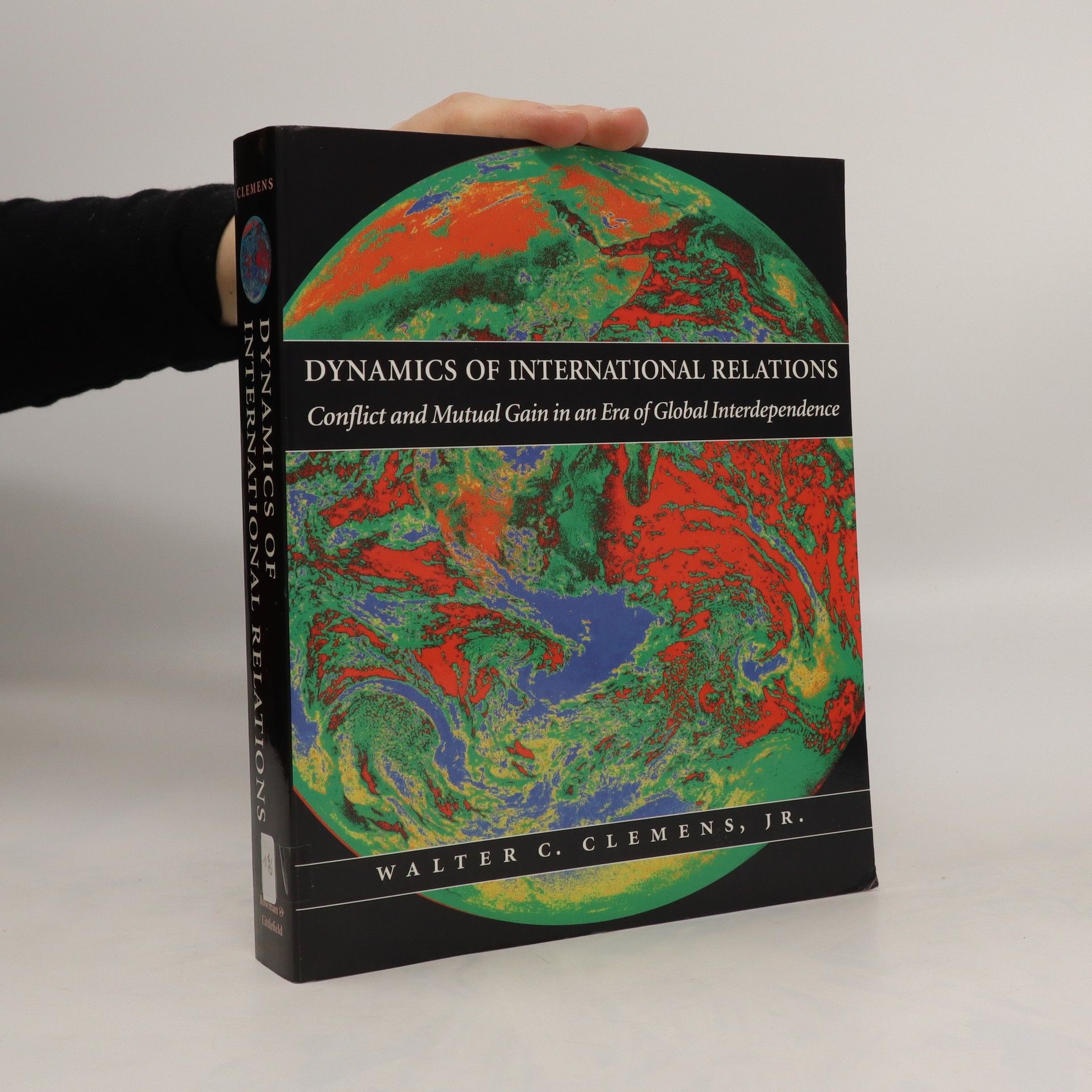The Republican Virus in the Body Politic: How to Reboot America
- 232pagine
- 9 ore di lettura
The book explores the detrimental impact of a political virus, paralleling the effects of the coronavirus, on America's governance and societal values. It critiques the current Republican leadership for perpetuating a culture of incompetence and self-interest, threatening democracy with the rise of autocracy. Highlighting the decline in national health, education, and global respect, the author, Walter Clemens, advocates for a collective effort to restore integrity and compassion in leadership, urging a shift from individualism to a focus on mutual benefit for all.

